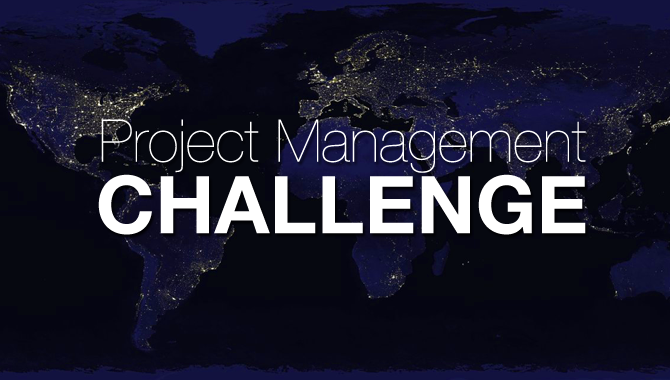February 28, 2011 Vol. 4, Issue 2
Three trends are shaping the future of project management, requiring a more global mindset from practitioners.
Our reality is one of constant change. Throughout the past year, I have seen organizations, leaders, and managers wrestle with challenges brought on by economic, political, technological, and organizational change. The complexity of the global economy continued to present surprises. Political powers shifted. E-books outsold paperbacks for the first time in history. Organizations like British Petroleum and Johnson & Johnson faced greater public scrutiny and accountability than ever before. All of this leads me to believe that organizations with open and global mindsets will gain the inside track in the project world. Three trends in particular stand out today.
Transparency
Projects exist in a more transparent, networked environment than in the past. In part, this is a function of policy. President Obama’s Open Government Directive initiated a shift towards government transparency. Thirty-nine government agencies, including NASA, developed open government initiatives. World Wide Web pioneer Tim Berners-Lee highlighted the work of DATA.GOV, introducing the possibilities (and controversy) that open data and ideas can offer, from new uses of satellite data to provide relief to earthquake victims in Haiti to WikiLeaks. Managers and leaders are expected to be open about the work that they do. Information and decisions are no longer easily hidden behind the curtain. The jig is up—the public knows where to find the wizard.
Frugal Innovation
The growing demand for breakthrough technologies in engineering and management has brought on the emergence of innovation grounded by cost. Often associated with products like the Nokia 1100 and the Tata Nano, this innovation paradigm is spreading to aerospace projects like LCROSS, cubesats, and Johnson Space Center’s Project M. It is time to realize that the next big thing will come from incremental changes punctuated by revolutionary leaps; it is a continuous process. Homo Sapiens didn’t walk out of the primordial soup.
Smart Networks
Today’s projects are about collaboration, alliances, and teaming—you’re only as good as your network. In 1965, the launch of the world’s first communications satellite introduced the “frightening prospect” of man being able to communicate anything anywhere in the world. Now organizational wikis, Facebook, Twitter, and blog-like platforms are rapidly spreading and transforming the way we connect and communicate. While these systems offer multiple ways to transfer knowledge and information, organizations need to harness these platforms’ power. Cultivating “smart networks” that provide broad streams of information, a global perspective, and a sophisticated ability to manage information overload is integral to success.
Tomorrow’s project world will be driven by an integrated and nearly invisible game-like framework that will enhance virtual work, connect distributed teams, and encourage collaborative discovery. This will act as a unifying medium for the next generation of young professionals, almost all of whom will work intensively with international partners. Today’s project world is driven by participation and collaboration. We live in a society that expects to know about and believe in the work that we are doing—we owe them nothing less.
View Dr. Ed Hoffman’s ‘Trends in Project Management’ presentation from PM Challenge 2011.







